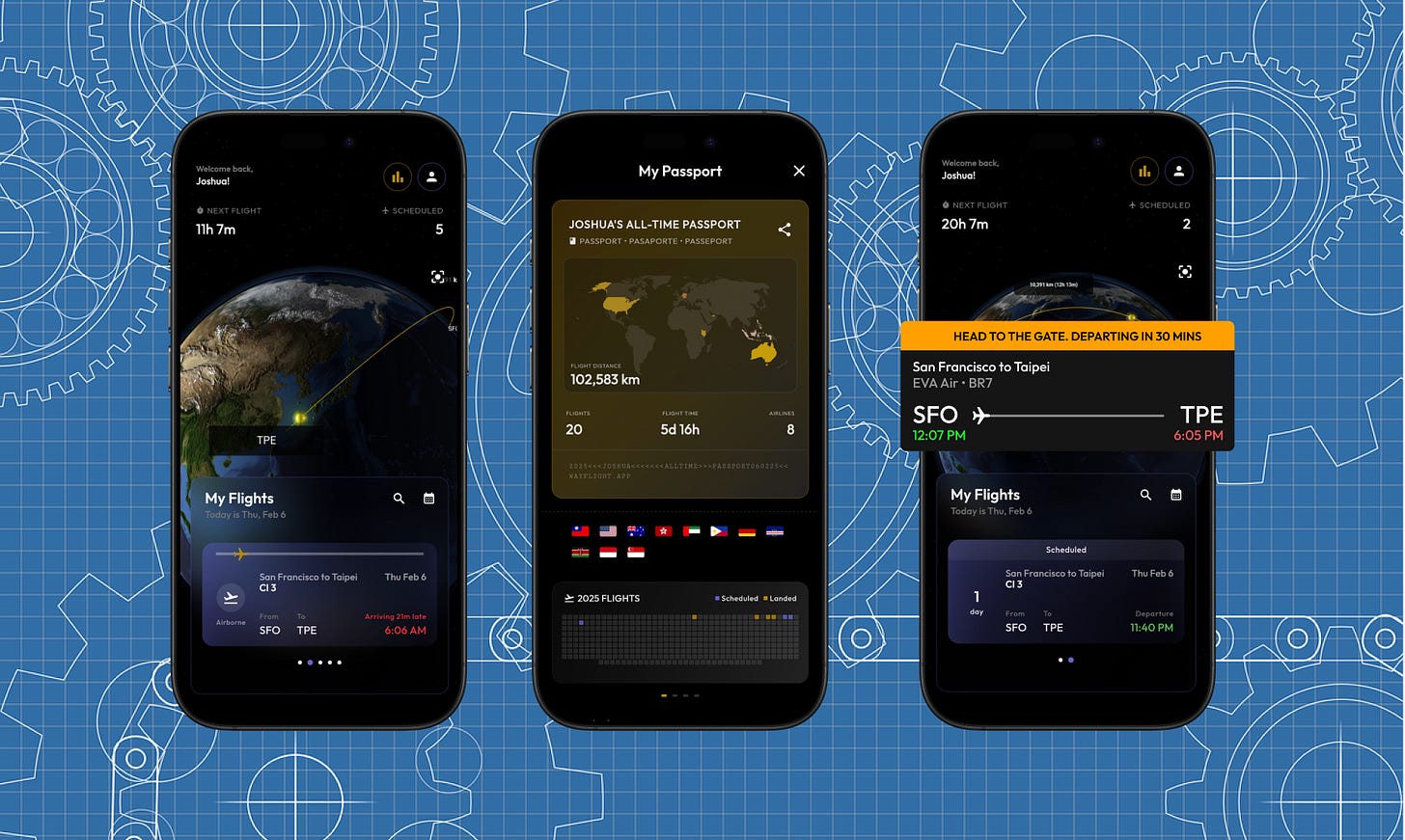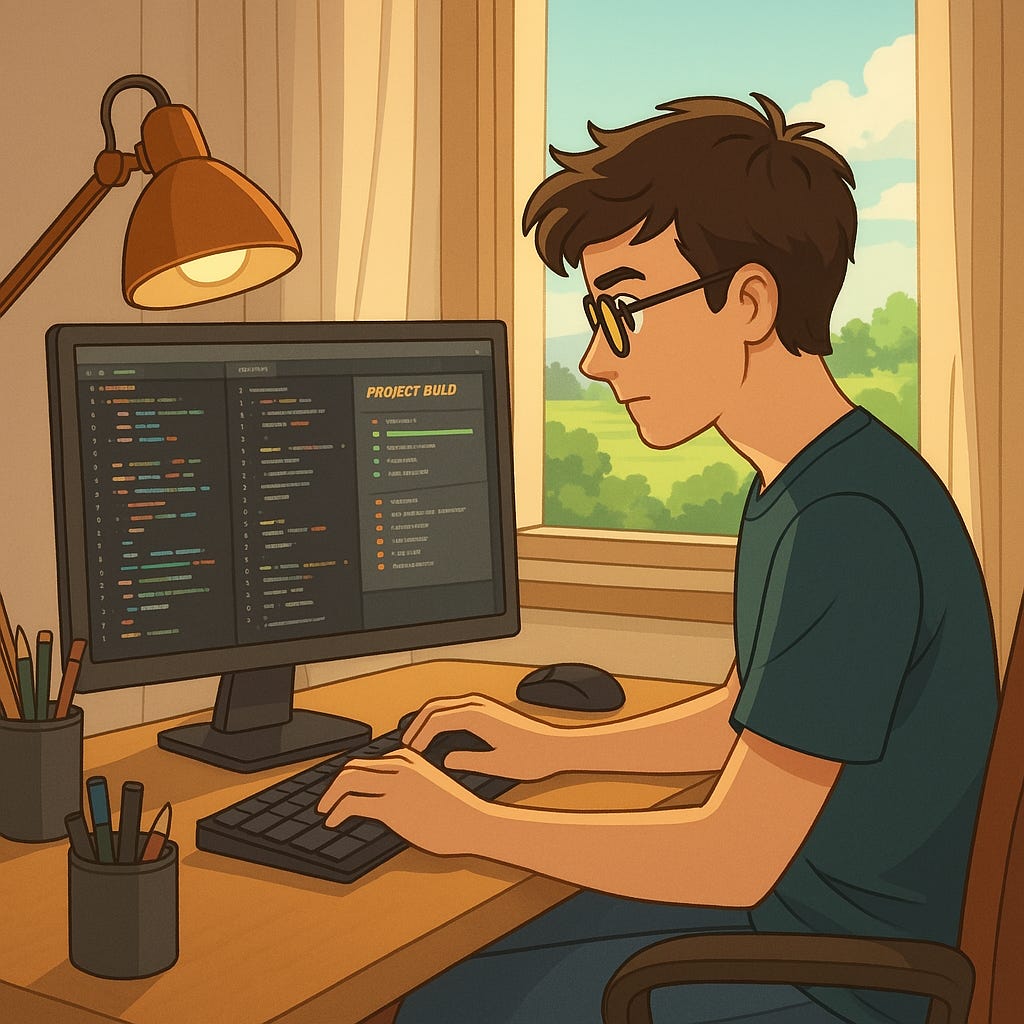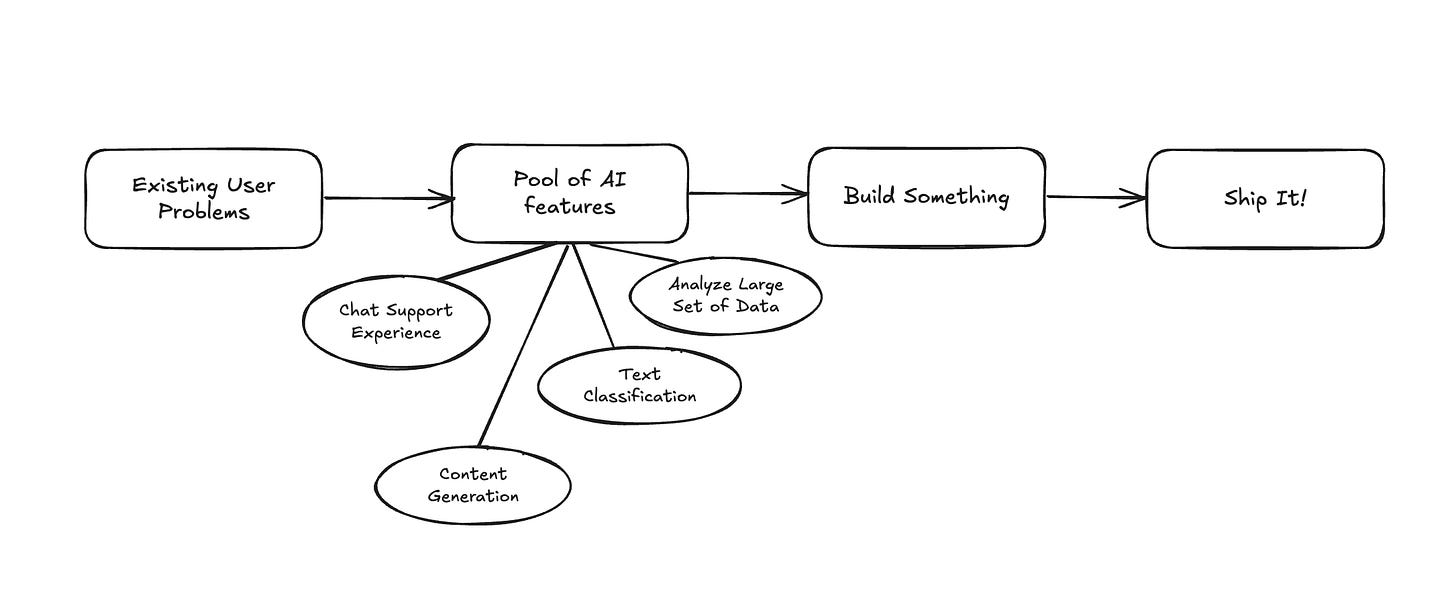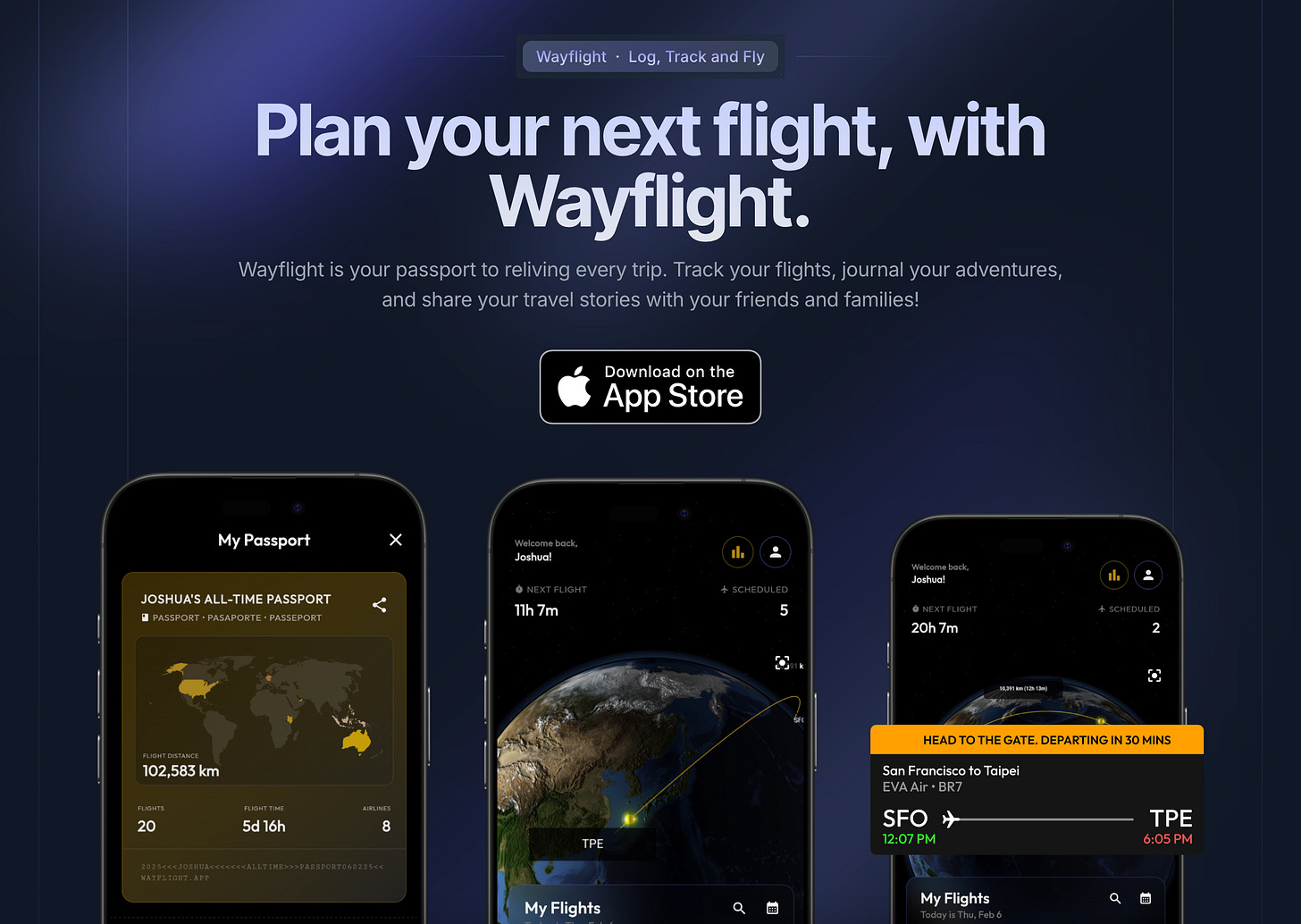Why I Build Passion Projects
Unlocking creativity and growth through personal passion projects, AI tools and more.
Hey there 👋 and welcome to this week's newsletter! This is Joshua, I write actionable insights on product engineering, app development, and lessons from startups and big tech, in 5 mins or less.
This week, I wanted to share why I'm am working on passion projects and how they contribute to my growth as a product engineer.
Playground for AI and Innovation
The tech world is rapidly evolving, especially with the rise of AI. You wake up one day, the last thing you know there’s already new updates from ChatGPT, Gemini among others.
Passion projects provide the perfect space for me to dive into these new technologies and build real-world applications. I can always try available demo apps, but it couldn’t get me to where I want it to be—shipping features that solve a problem using AI, not using AI and then finding a problem.
It's more than just learning the tools. Passion projects provide hands-on experience, which is invaluable, allowing me to experiment, make mistakes, and truly grasp the potential of AI, something challenging to do in a corporate setting.
Passion projects helps me overcome my creative itch to build, without the throwing away net new effort and projects each time I want to try something.
Artistic Outlet for Product Engineers

As engineers, especially those who are working in the frontend and building a product, we often focus on the technical aspects of our work and depend a lot on what the product managers or designers’ final say what to ship.
Passion projects offer a unique opportunity to express our artistic selves. When building for someone else, there are constraints, but passion projects are a canvas for creativity and exploration.
For me, my interest for software engineering sparked from UI and game development through passion projects—it has led me to work as a software engineer, system architect, and a product engineer.
As a product engineer, you can talk to your customers and get feedback, collaborate with your friends or like-minded individuals, ask the “whys”, implement your own design taste and build a product of your own that people will use.
Here’s how you can start
Evaluate your free time and commitment. Don’t start if you can’t find a good balance between your personal life, professional work and for other things like this.
Steps to start:
Find a problem you want to solve
Talk to potential customers of the product you intend to build
Build it yourself or collaborate with friends
Leverage AI tools like Cursor, v0 and technologies like Flutter and Firebase to get the first prototype out fast
Get feedback from your customers, improve and share your work!
Currently, I'm working on a personal passion project of mine called Wayflight. It’s a real-time flight tracking and flight logging app in one with other extra features that help you travel with ease.
Wayflight is a project where I put my product engineering skills to test while incorporating my interest in aviation. Will it work? I don’t know, but I intend to find out. Subscribe to this newsletter and you’ll be the first to know:
Continuous learning and innovation are crucial skills to becoming a great product engineer in a world where everyone else is using AI. Passion projects is just one of the many things you can do to stay relevant, express ourselves, and grow beyond our day-to-day work.
What are your favorite passion project benefits? I'd love to hear your thoughts.
Thanks,
Joshua




